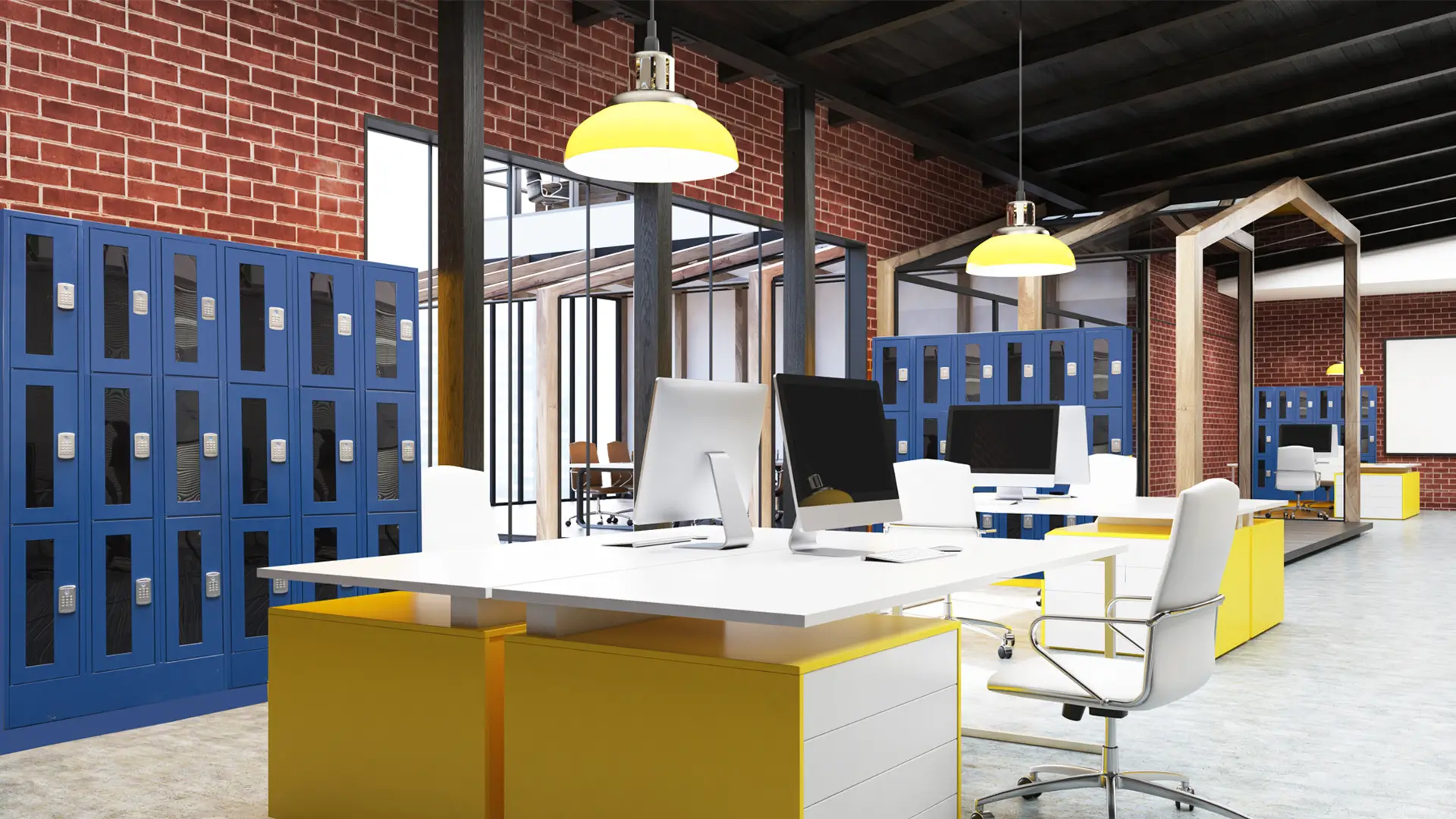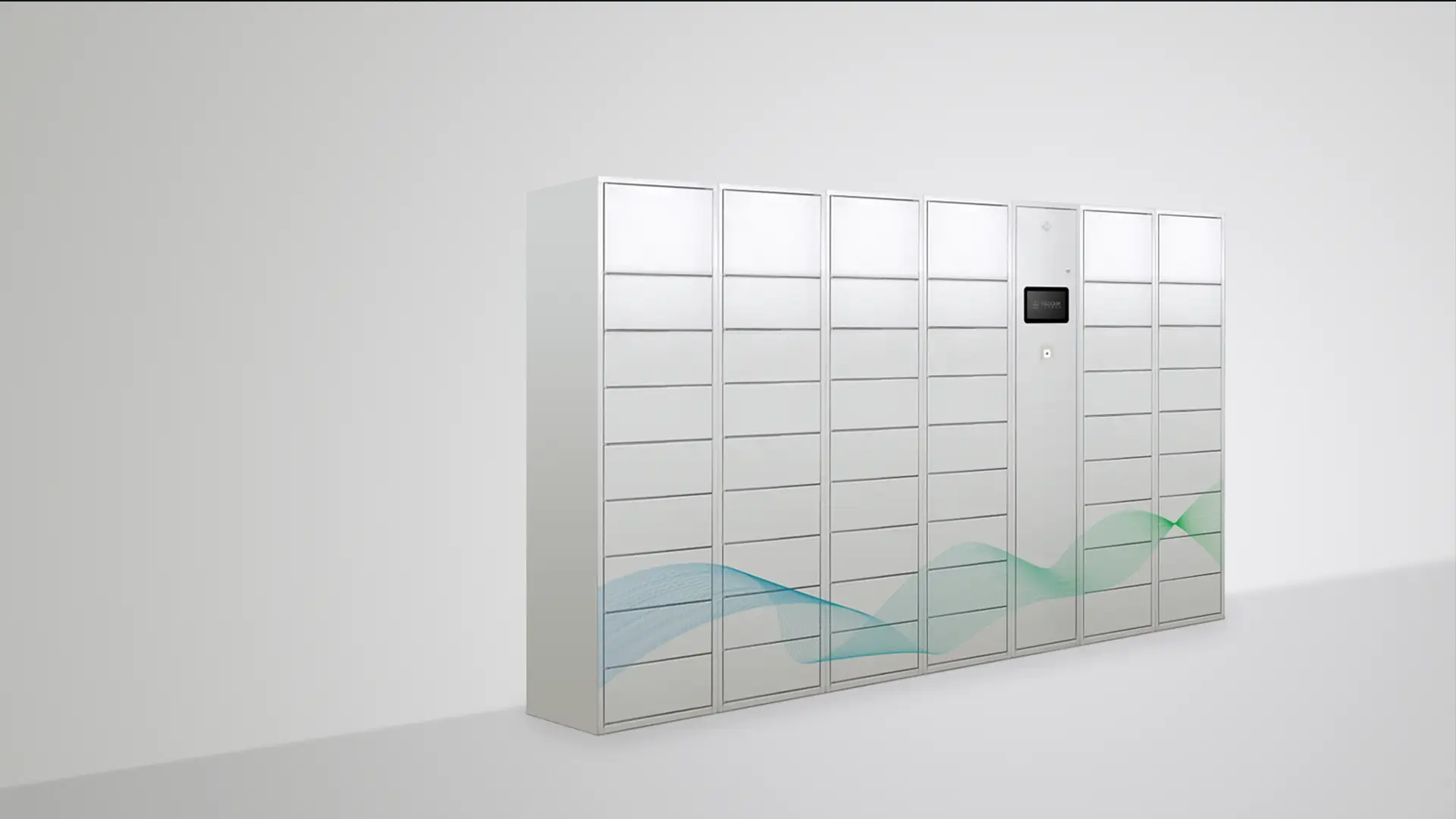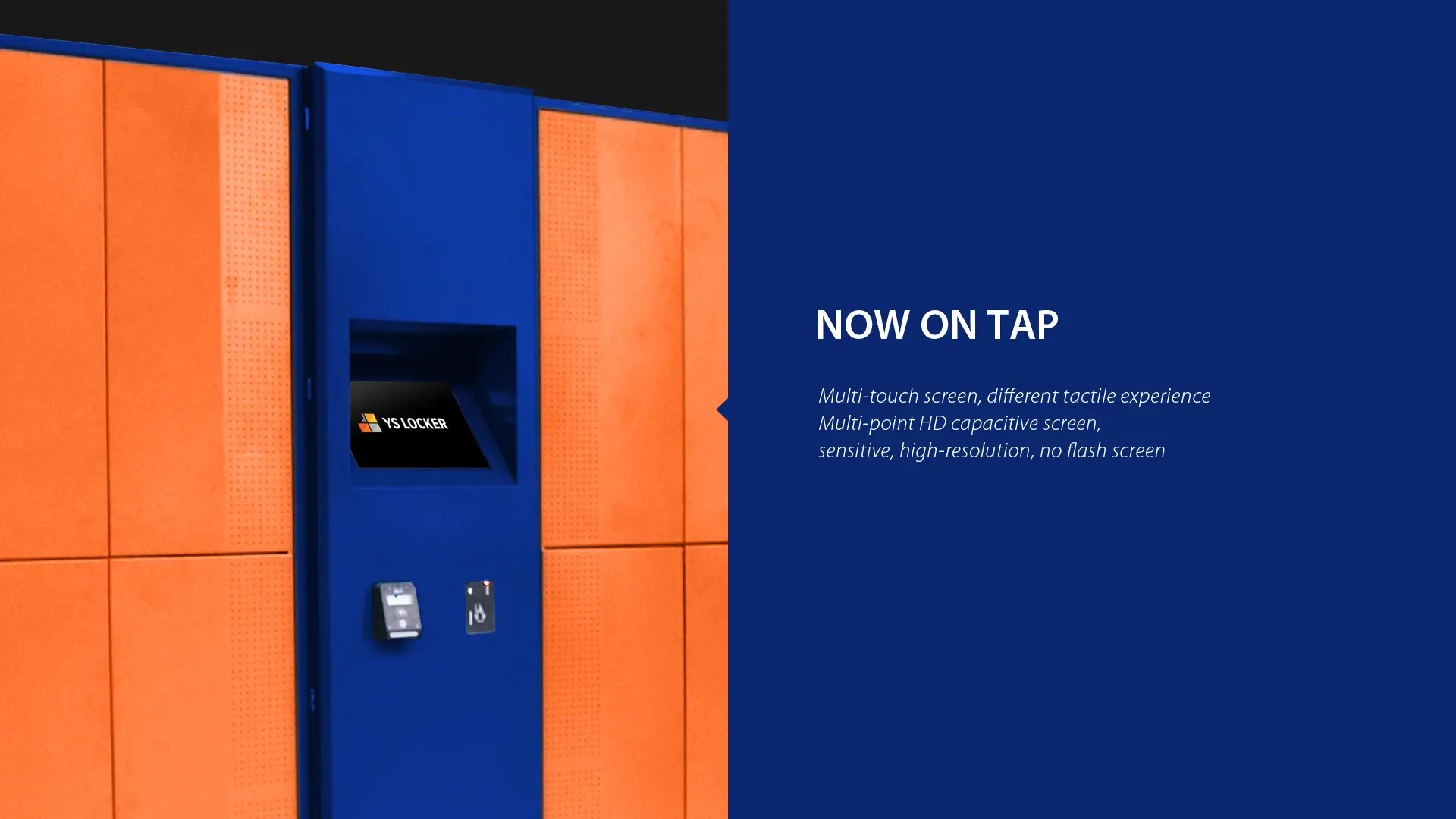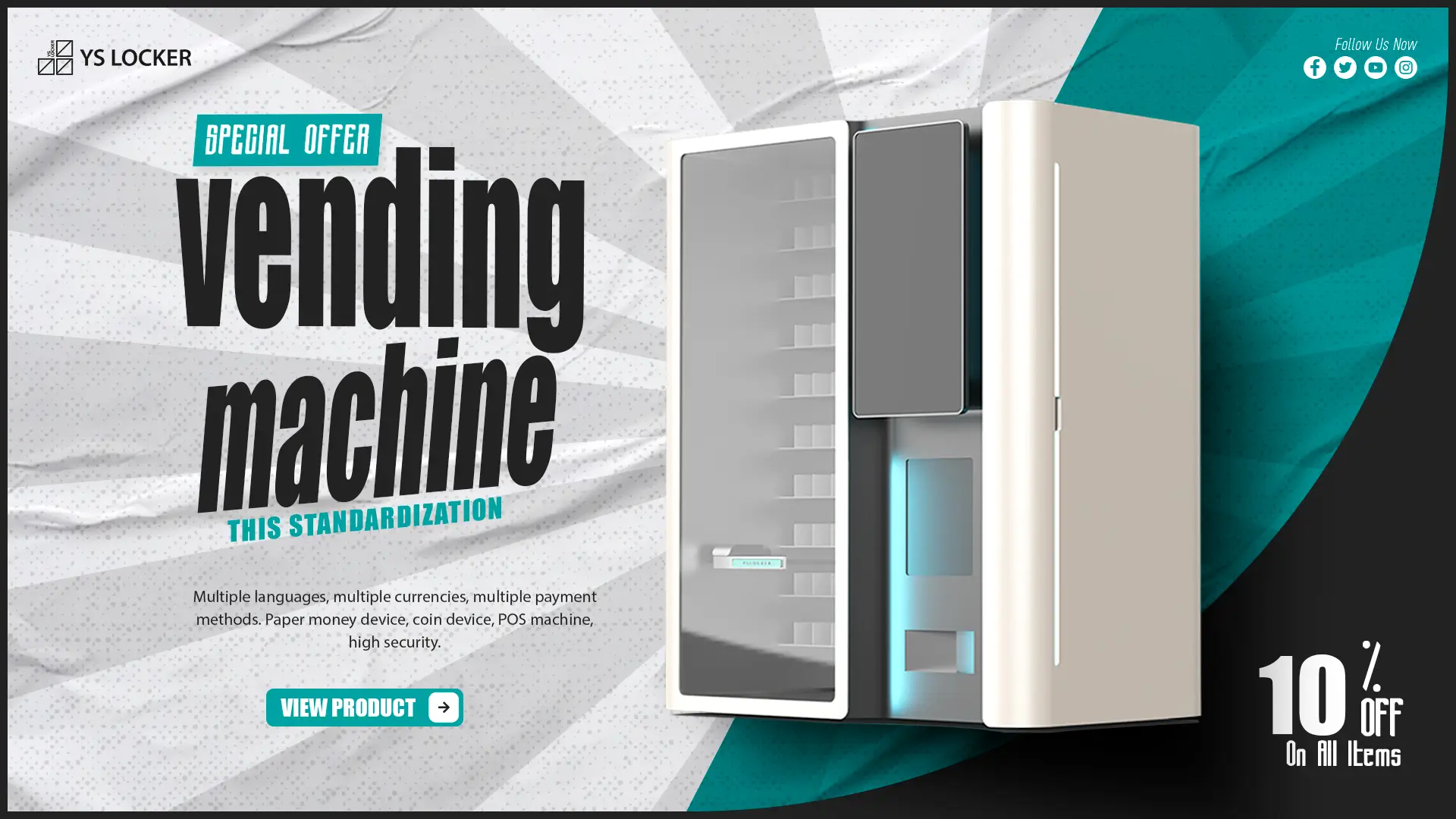Understanding Employee Lockers
Employee lockers are secure storage units designed to offer employees a dedicated space to store personal items, work-related tools, uniforms, or other essentials. These lockers are typically constructed from durable materials such as steel, aluminum, or high-quality plastic, ensuring longevity and resistance to wear and tear. They come in various sizes, designs, and configurations to suit different workplace needs, from compact lockers for small offices to larger units for industrial settings.
Modern employee lockers often feature advanced security options, including key locks, combination locks, or even smart access systems using RFID cards or biometric scanners. They are commonly installed in convenient locations within the workplace, such as break rooms, changing areas, or near workstations, ensuring easy access while maintaining a clutter-free environment.
Why Employee Lockers Matter in the Workplace
Employee lockers are more than just storage solutions; they are an integral part of a well-functioning workplace. Here’s why they matter:
- Enhanced Security
One of the primary reasons businesses invest in employee lockers is to provide a secure space for employees to store their valuables. Whether it’s personal items like wallets, phones, or work-related tools and equipment, lockers ensure that these items are safe from theft or damage. This sense of security can significantly boost employee morale and focus. - Improved Organization
A cluttered workspace can lead to inefficiency and frustration. Employee lockers help maintain a tidy and organized environment by providing a designated space for employees to store their belongings. This not only improves the overall aesthetics of the workplace but also enhances productivity by reducing distractions. - Personalized Space
Employee lockers offer a sense of ownership and personal space, which is especially important in shared work environments. Employees can customize their lockers to reflect their personality, creating a more comfortable and motivating atmosphere. - Compliance with Workplace Regulations
In certain industries, such as healthcare, manufacturing, or food services, employee lockers are essential for compliance with safety and hygiene regulations. For example, healthcare workers may need lockers to store their uniforms, while factory workers may require lockers for safety gear. - Support for Hybrid Work Models
With the rise of hybrid work models, employees often split their time between the office and remote locations. Employee lockers provide a convenient storage solution for items they may not want to carry back and forth, such as office supplies, documents, or personal effects.
Key Features to Look for in Employee Lockers
When selecting employee lockers for your workplace, it’s important to consider the following features to ensure they meet your needs:
- Durability and Material
Choose lockers made from high-quality materials that can withstand daily use and last for years. Steel lockers are ideal for heavy-duty environments, while plastic or laminate lockers may be suitable for lighter use. - Security Options
Depending on your workplace requirements, opt for lockers with reliable locking mechanisms. Electronic locks or smart access systems offer advanced security, while traditional key or combination locks are cost-effective options. - Ventilation and Design
For lockers used to store clothing or gym gear, ventilation is crucial to prevent odors and moisture buildup. Look for lockers with slatted doors or built-in ventilation systems. - Customization and Branding
Many businesses choose to customize lockers with their company logo or colors to reinforce brand identity. Customization can also include adjustable shelves, hooks, or compartments to suit specific storage needs. - Space Efficiency
In workplaces with limited space, consider compact or stackable locker designs that maximize storage without occupying too much floor space.
Industries That Benefit from Employee Lockers
Employee lockers are versatile and can be tailored to suit various industries. Here are a few examples:
- Corporate Offices
In office settings, lockers provide employees with a secure place to store personal items, reducing clutter at desks and creating a more professional environment. - Healthcare Facilities
Hospitals and clinics use lockers to store uniforms, personal protective equipment (PPE), and other essentials, ensuring compliance with hygiene standards. - Manufacturing and Industrial Sites
Workers in these environments often require lockers to store safety gear, tools, and personal belongings, keeping the workspace organized and safe. - Gyms and Fitness Centers
Lockers are essential in gyms for members to store workout gear, clothing, and valuables while they exercise. - Educational Institutions
Schools and universities use lockers to provide students and staff with a secure space to store books, bags, and personal items.
The Future of Employee Lockers
As workplaces continue to evolve, so do the designs and functionalities of employee lockers. Future trends may include:
- Smart Lockers
Integration with IoT technology will enable features like remote access, real-time monitoring, and automated maintenance alerts. - Sustainable Materials
With growing emphasis on sustainability, lockers made from eco-friendly materials will become more prevalent. - Modular Designs
Modular lockers that can be easily reconfigured or expanded will offer greater flexibility for businesses with changing needs.
Conclusion
Employee lockers are a simple yet powerful addition to any workplace, offering numerous benefits such as enhanced security, improved organization, and increased employee satisfaction. By investing in high-quality lockers tailored to your workplace needs, you can create a more efficient, organized, and employee-friendly environment.
Whether you’re managing a corporate office, a healthcare facility, or an industrial site, employee lockers are a smart investment that can significantly impact your workplace culture and productivity. As workplaces continue to adapt to new challenges and trends, employee lockers will remain a vital component of modern work environments.
By choosing the right lockers and incorporating them into your workplace strategy, you can ensure that your employees feel valued, secure, and supported, ultimately driving success for your business.




